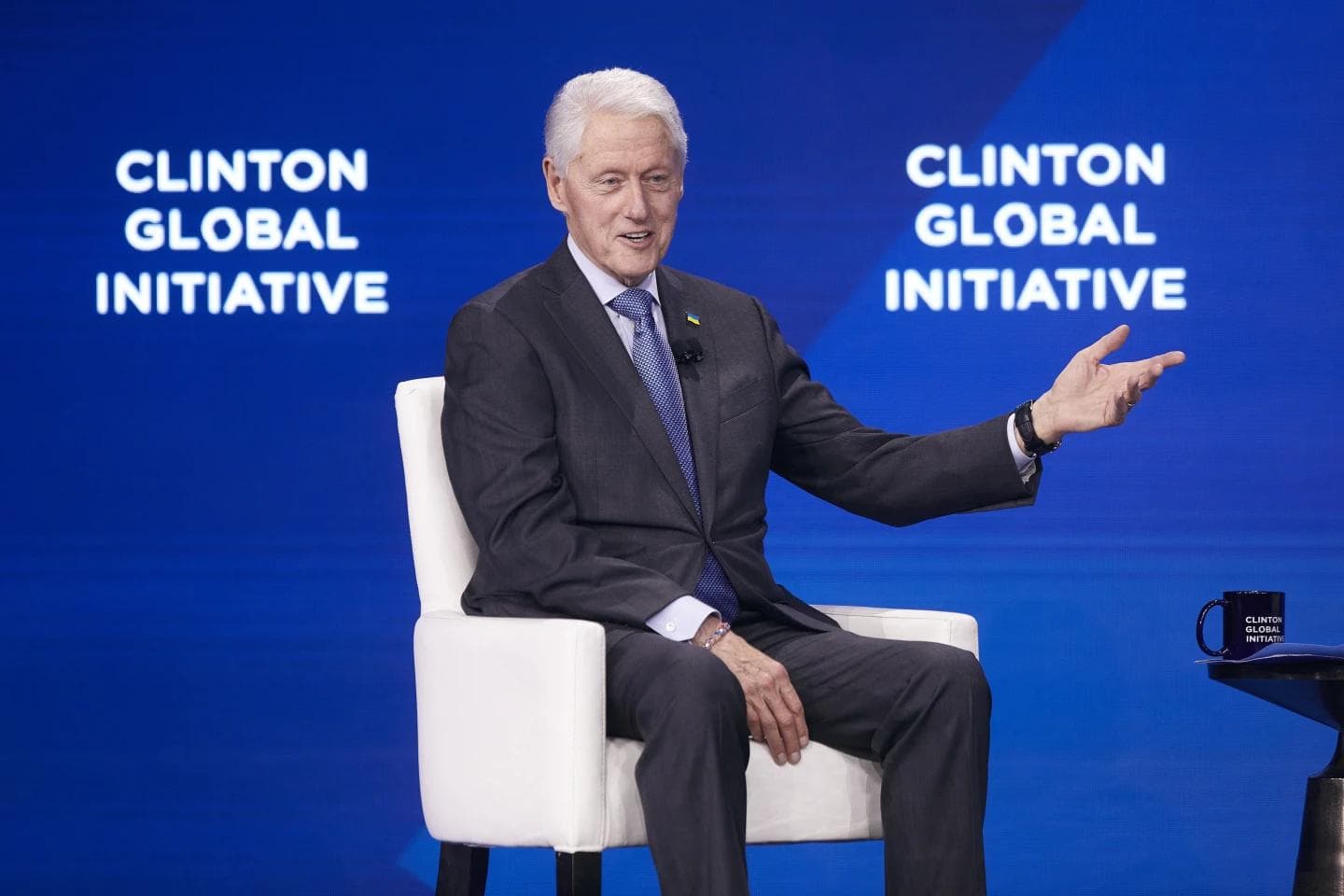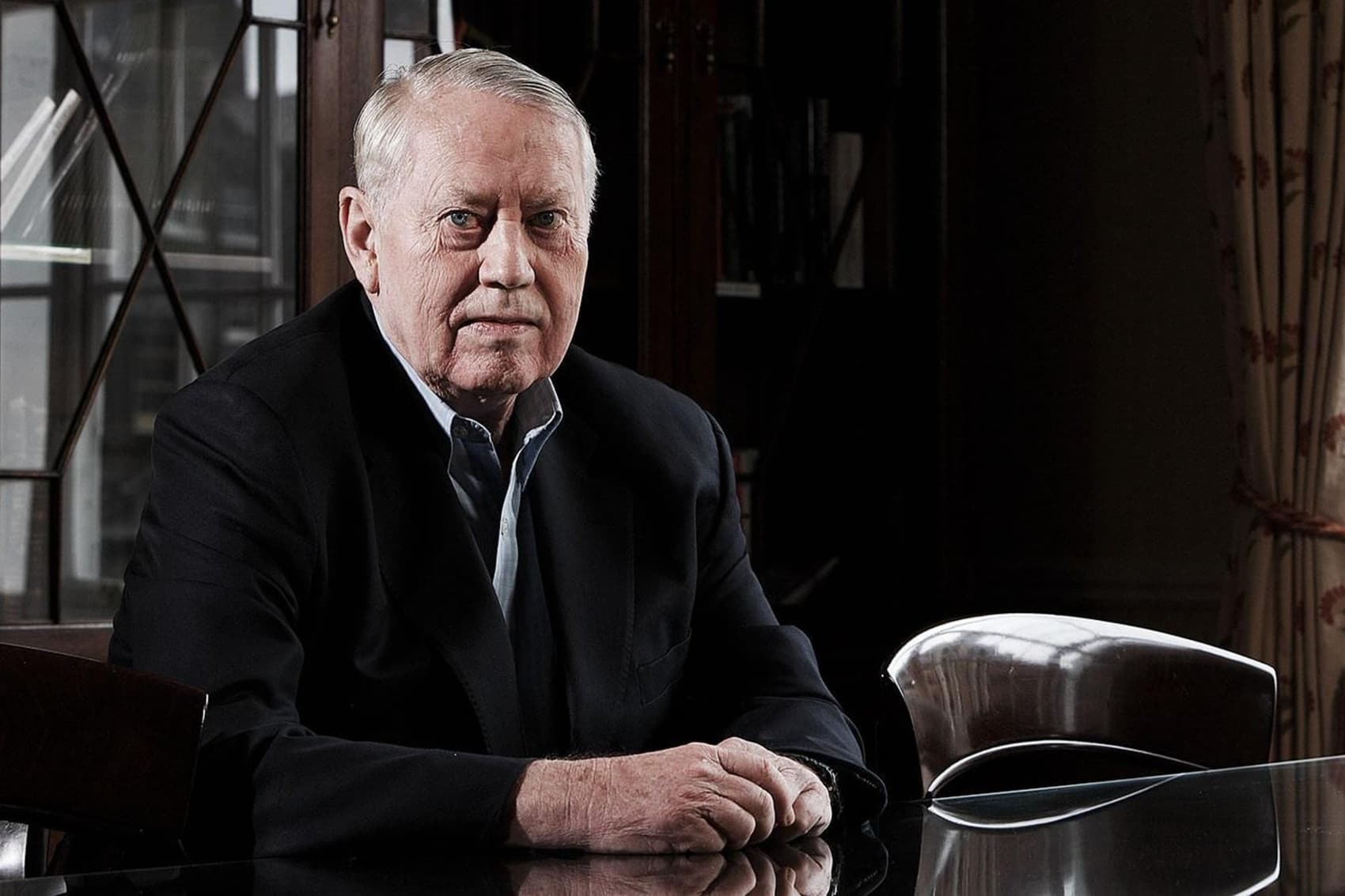2 Jun 2025
10 min
Bill Clinton’s Life After Office: A Philanthropy Focus

Bill Clinton jokes that he felt lost when he first returned to private life in 2001, after his two terms as president, because people no longer played “Hail to the Chief” when he walked into a room.
But what he found – chronicled in his new book, “Citizen: My Life After the White House,” published Tuesday by Knopf – was that philanthropy has allowed him to continue making changes in the world to help others.
“I had a good time doing it,” Clinton told The Associated Press in a phone interview. “I am also gratified that so many people -- if you go and make a rational case for doing something – will go along even though it didn’t seem to be in their immediate financial interest.”
That method established a market for generic manufacturers of HIV/AIDS treatments that lowered the price of the drugs enough to make them available to countries around the world. Lower prices, now negotiated with drug manufacturers through what has become known as the Clinton Health Access Initiative, help provide HIV/AIDS treatments to nearly 1 million children around the world and have saved the lives of tens of millions of people.
It’s one of many successes the Clinton Foundation and its numerous campaigns — including the Clinton Global Initiative which gathers political, business and philanthropic leaders in New York each year during United Nations General Assembly week — have managed in the past two decades that Clinton writes about in “Citizen.” He also recounts his experiences from Secretary of State Hillary Clinton’s presidential campaigns in 2008 and 2016, his role in securing the release of two journalists from North Korea in 2009, and his reaction to the Jan. 6, 2021, attack on the U.S. Capitol.
Former President Clinton also addresses some of the controversies that he and Secretary Clinton faced in the past two decades, including his meetings with sexual predator Jeffrey Epstein where he said they discussed the foundation (“I wish I had never met him,” he writes) and being accused of never apologizing to Monica Lewinsky, which he did in 1999, though not in person.
The bulk of “Citizen” is about Clinton’s philanthropic work, the people he has met through it, and how he has felt useful and fulfilled in the nearly 24 years since he left his 25-year political career. When asked which era of his life he felt was most effective, Clinton, 78, said, “I’ll leave that to the historians to evaluate,” adding that it would be almost comparing apples to oranges.
“I wanted to keep score in terms of my work life by whether people were better off when I quit than when I started and whether children had a brighter future and whether we were bringing things together instead of tearing them apart,” Clinton said. “So far, I think I’m doing okay.”
Clinton told the AP that his to-do list remains long, including making effective climate initiatives more widely implemented and helping children get healthier. The interview was edited for clarity and length.
Share this Article
Next Read

We Are the Ones We’ve Been Waiting For
A reflection on everyday generosity and collective impact in communities

Chuck Feeney: The Billionaire Who Gave Away His Fortune
The inspiring story of Chuck Feeney, the billionaire who donated his wealth

Fixing the News: Stories That Inspire Change
How storytelling and optimism can reshape the news narrative